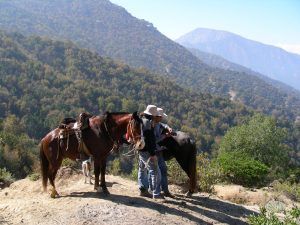Assessing collective climate change response through a collaborate governance framework.
A component of my PhD research explored how rural communities in western Canada facing a climate change-aggravated pine beetle epidemic worked to improve social resilience through collective action and influence across local, provincial as well as federal levels of government. Through a collaborative governance framework the research explored factors that contributed to collective action, and factors that hindered cooperation and adaptive action among different stakeholders and levels of government.
Policy research, discussion papers, technical reports.

These include an assessment of the implications of community adaptive capacity for coping with mountain pine beetle epidemic (Canadian Council of Forest Ministers and Natural Resources Canada-2019); a scan of environmental legislation relevant to impacts from the Canadian energy sector on boreal forests (Natural Resources Canada-2015); and a discussion paper on the global carbon markets and opportunities for rural communities in climate change mitigation (Natural Resources Canada-2009).
Participatory impact evaluation, adaptive management and rural resilience in South America
This research explores the effectiveness of an existing impact monitoring and evaluation program for a regional livelihoods and forest sustainability initiative of local stakeholders and the International Model Forest Network. The study also explored the utility of adaptive management, and insights from social-ecological resilience concepts. The work was conducted in partnership with the Araucarias del Alto Malleco Model forest of Chile, the Chilean national forest ministry (CONAF), the International Model forest Network, and CUSO International.
Regional and Strategic Environmental Assessment
In collaboration with the Center for Environmental Assessment Research (CEAR) at the University of British Columbia (Okanagan) I contributed to a realist review, journal article, and book chapter on regional and strategic environmental assessment.
Group Process Facilitation
I hold a certificate in Advanced Facilitation and Consultation from the Justice Institute of British Columbia, Canada. The training took place over several years and involves diverse aspects of group conflict dynamics and conflict resolution, defining interests, consensus building, issues definition and agenda setting. My facilitation philosophy aligns with a values-driven, systems-based approach to group problem solving & decision making (Schwarx, 2002).
I welcome inquiries about support for group decision-making processes through facilitative and facilitative-consultant roles, particularly in the areas of environment, adaptation, climate change and community resilience.